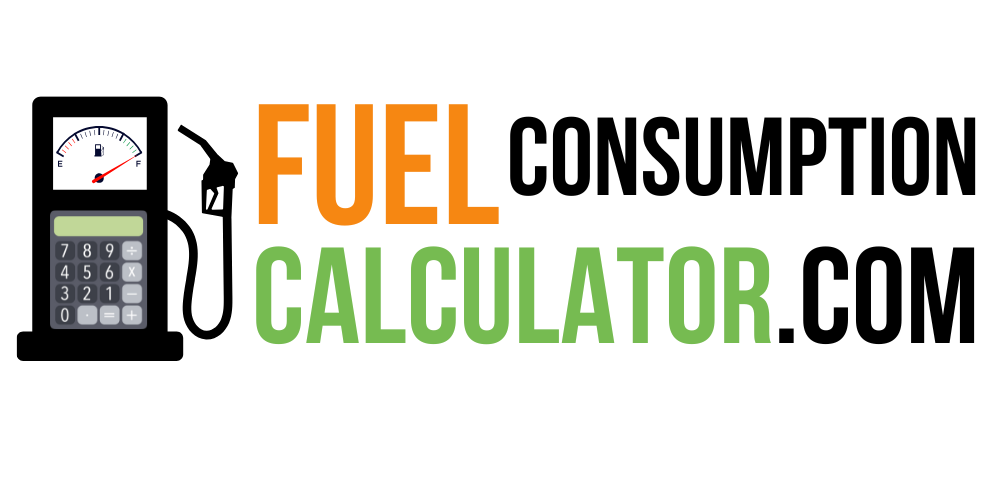Idling Fuel Consumption Calculator
Estimate the fuel and money wasted while your vehicle is idling.
Calculation Results
Fuel Wasted
0.00 gallons
Money Lost
$0.00
CO₂ Emitted
0.00 lbs
The Idling Fuel Consumption Calculator is an essential tool for estimating the amount of fuel consumed by a vehicle while idling. By entering key details such as idle time, fuel consumption rate, and fuel price, users can quickly calculate the expected fuel costs associated with idling.
How to Use the Idling Fuel Consumption Calculator
- Idle Time: Input the total time your vehicle will be idling in hours or minutes.
- Fuel Consumption: Enter the fuel consumption rate of your vehicle in liters per gallon per hour (L/gs/hr).
- Fuel Price: Provide the current price of fuel in dollars per liter ($/L).
- Calculate: Click the calculate button to view the estimated fuel consumed and associated cost.
Key Features of the Idling Fuel Consumption Calculator
- Customizable Parameters: Users can easily adjust idle time, fuel consumption rates, and fuel prices to fit their specific situations.
- Instant Results: Get immediate feedback on fuel consumption and costs, enabling informed decisions about idling practices.
- Educational Tool: Increases awareness about the financial and environmental impacts of idling.
Benefits of Using an Idling Fuel Consumption Calculator
- Cost Savings: Identifies opportunities to reduce fuel expenses by minimizing unnecessary idling.
- Environmental Impact: Reducing idling time can lower emissions and contribute to a cleaner environment.
- Improved Fuel Efficiency: Avoiding excessive idling can enhance overall fuel efficiency.
Factors Influencing Idling Fuel Consumption
- Idle Time: The longer a vehicle idles, the more fuel it consumes.
- Fuel Consumption Rate: Different vehicles have varying fuel consumption rates while idling.
- Fuel Prices: Fluctuating fuel prices can significantly impact the overall cost of idling.
Tips for Reducing Idling Fuel Consumption
- Turn Off Your Engine: If you anticipate idling for more than 30 seconds, it’s generally more fuel-efficient to turn off your engine and restart it when ready to depart.
- Plan Your Route: Use mapping tools to find the most efficient route, potentially reducing the need for idling at intersections or in traffic.
- Maintain Your Vehicle: Regular maintenance, such as tune-ups and tire rotations, can improve fuel efficiency and reduce idling fuel consumption.
